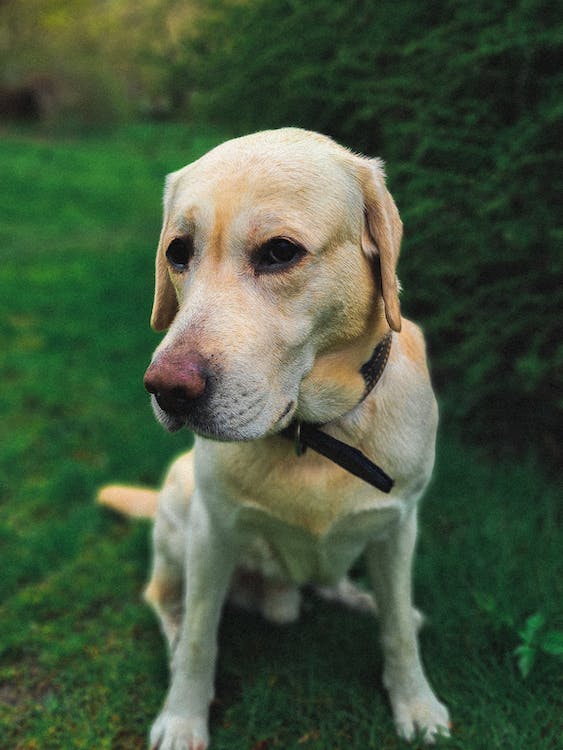It is interesting how dogs have distinct characteristics. Some dogs are good at a specific field, such as sports, search and rescue operations, dog shows, as well as herding. Furthermore, one breed is known for its exceptional herding abilities – the Canaan Dog.
The Canaan Dog is an agile breed with its medium-sized body. It has a high devotion to its family, which is what makes it an impressive guardian. On the other hand, the Canaan Dog is aloof with strangers and won’t let its guard down whenever facing one.
Moreover, the Canaan Dog is not just an excellent guard dog. It is widely known for its herding abilities, especially in Israel. Its incredible skillset is more than enough to be an effective herder.
Origins of the Canaan Dog
We can trace back the Canaan Dog’s origins to the region where modern Israel and Lebanon are located. We might be familiar with the name Canaan during Biblical times, and during this period, herding was a significant part of society. Through such practices, people were able to produce food, as well as other supplies for daily consumption. That is why sheep and shepherds were common during the early ages.
Some of the Canaan Dog’s initial artifacts originated from thousands of years ago, wherein it shows an ancient drawing of a dog similar to the Canaan Dog. However, there is no clear record stating when this breed was developed. Furthermore, speculations say that ever since, the Canaan Dog was a hardworking breed, capable of various tasks, such as herding and guarding.
Dog breeders often consider the Canaan Dog as one of the oldest dog breeds in the world. Records show that in the 1st century, the Canaan Dog lived with the Israelites. However, a sudden turn of events caused the Canaan Dogs to lose their owners, which led to the breed’s dispersion. This event caused the Canaan Dogs to travel to the Negev Desert, wherein they lived undomesticated for many years.
Over the years, the Canaan Dog continued to live in the desert and was considered wild until the 20th century. Years later, the Canaan Dog’s domestication sparked dog breeders’ interest during the foundation of the State of Israel. During this time, they needed dogs to patrol Jewish settlements, as well as work for the Israeli army. It was when Dr. Rudolphina Menzel came up with the idea that the semi-wild dogs of the desert were well-equipped for the job. That is when breeders started restoring the Canaan Dog to its former glory.
On the field, the Canaan Dog showed its exceptional intelligence; wherein the army used it as sentries, messengers, landmine detectors, and much other work. Breeders also saw its incredible potential because of its highly trainable nature. That is why Dr. Menzel pursued developing the dog the improve its temperament and other features.
Characteristics of the Canaan Dog
Height: 19 – 24 inches
Weight: 35 – 55 pounds
Life Expectancy: 12 – 15 years
Hypoallergenic: No
The Canaan Dog is a medium-sized dog built with speed and intelligence. This dog could stand up to twenty-four inches tall and weighs up to fifty-five pounds. It is exceptional on the field, and its incredible skillset allows it to work on various activities. Furthermore, the Canaan Dog makes an excellent herder, as well as a guardian at home.
Its appearance shows iconic pointed ears and dark brown eyes. At the same time, its short coat comes with a variety of colors and patterns. The Canaan Dog is also well-known for its bushy tail.Because of its rough origins, the Canaan Dog showcases a highly tough nature, which explains its enormous energy and incredible speed. These features make the Canaan Dog an excellent companion for people who often engage in outdoor activities.
One thing to consider when owning a Canaan Dog is that they are confident and territorial. Without proper training and socialization, this dog could overwhelm the family, especially for new fur parents. However, this breed could be a remarkable family dog when trained accordingly.
Caring for the Canaan Dog
The Canaan Dog works well with high-quality dog food, as well as homemade meals – provided that your local vet approves them. Treats can work wonders during their training; however, be cautious in the amount of dog food and treats you feed them since this could cause obesity, or worse, other medical problems.

